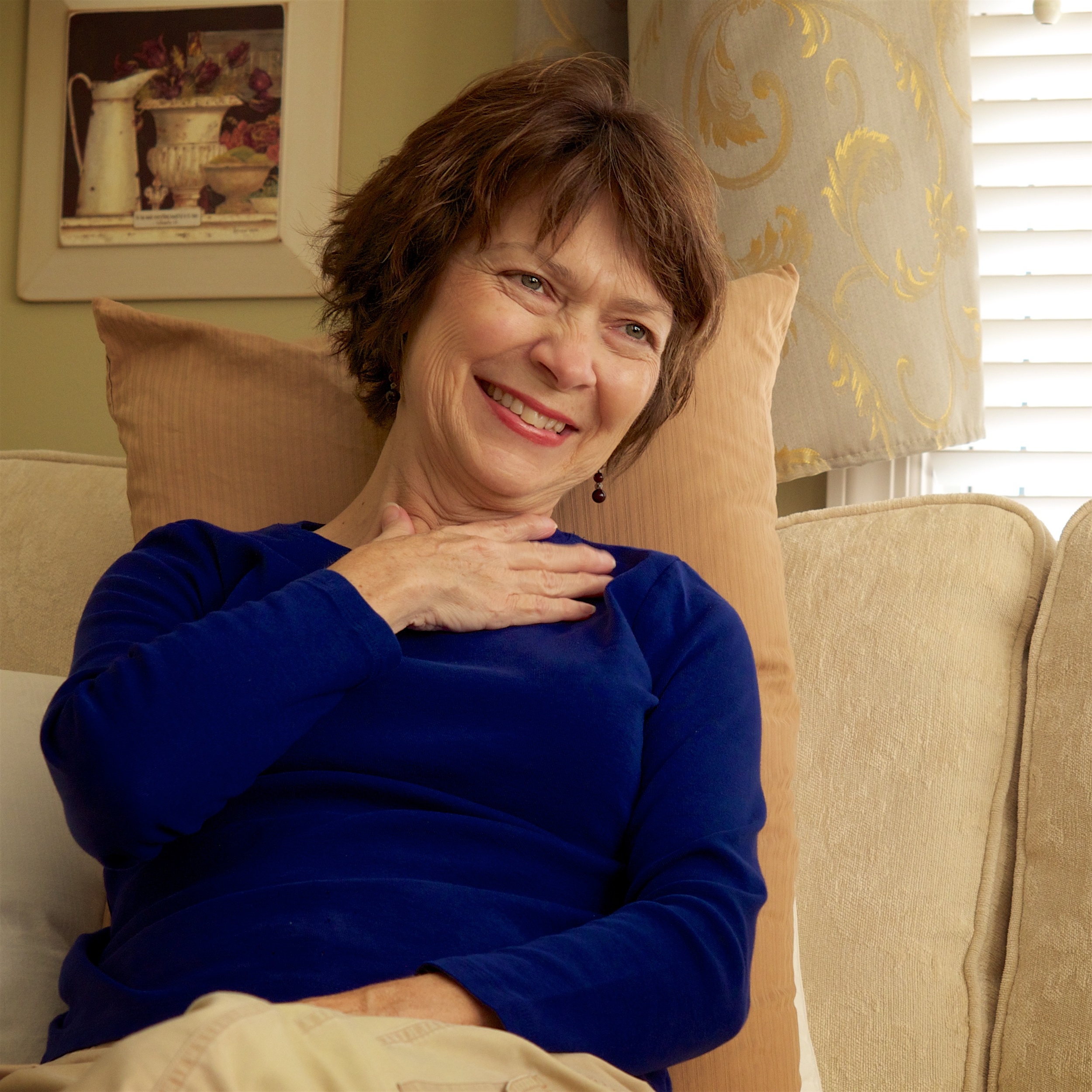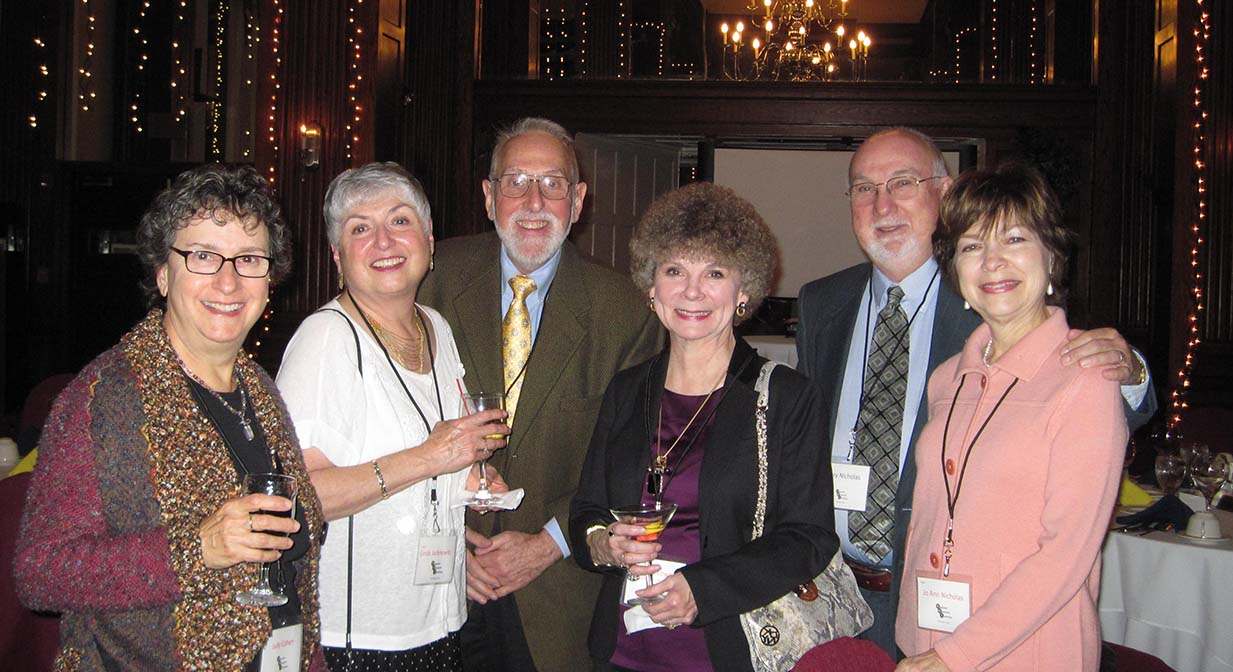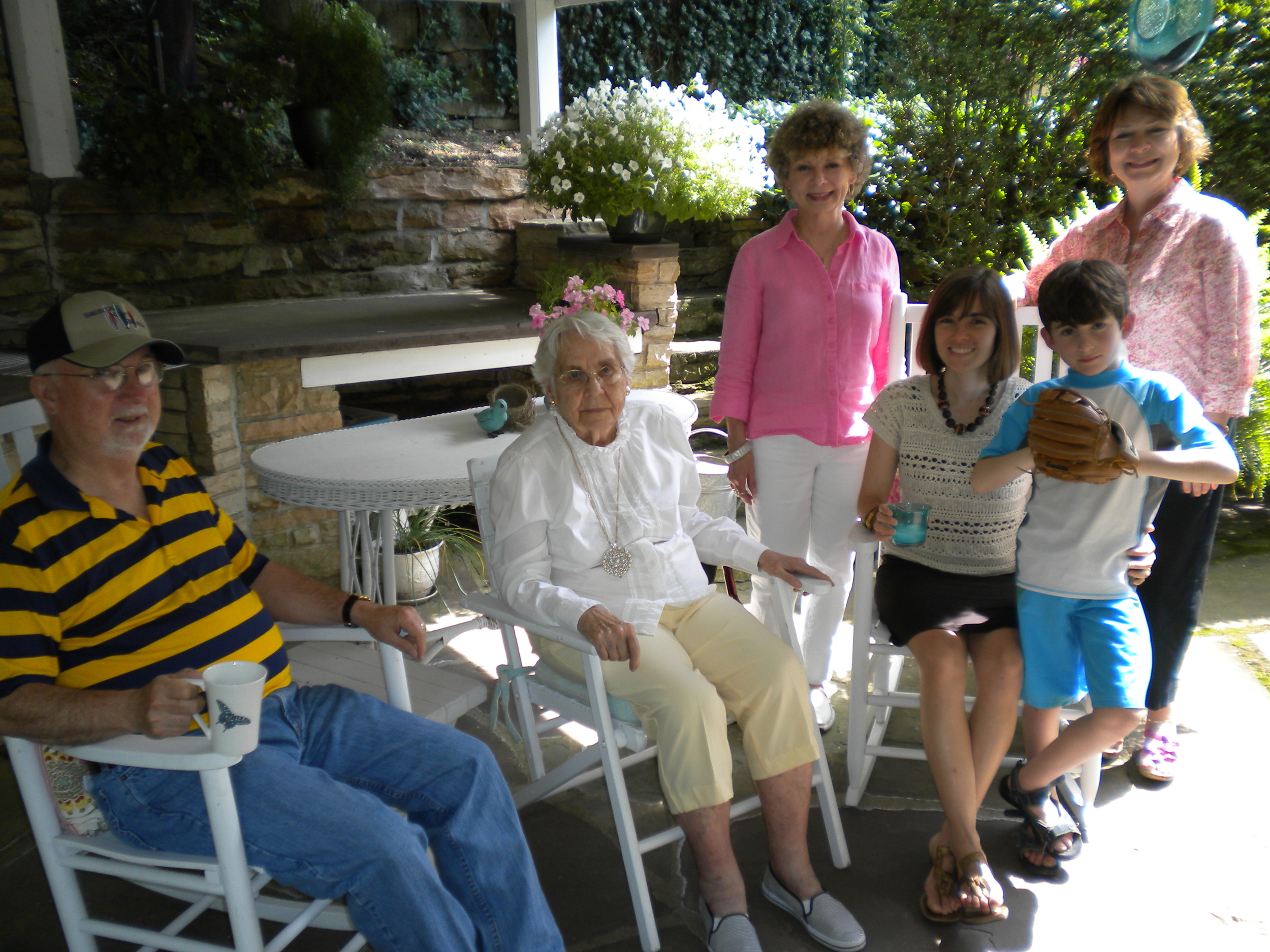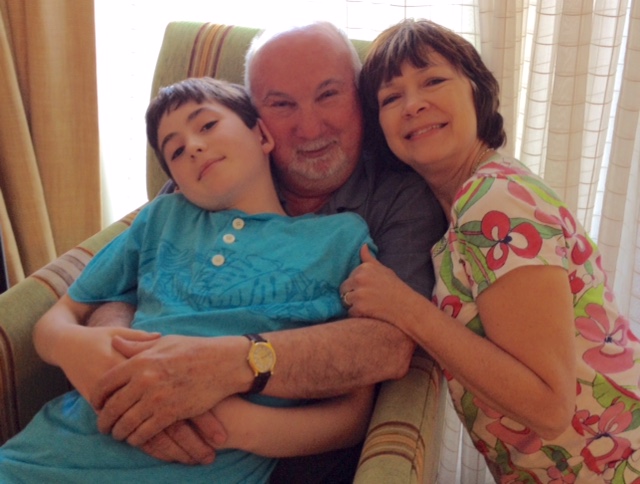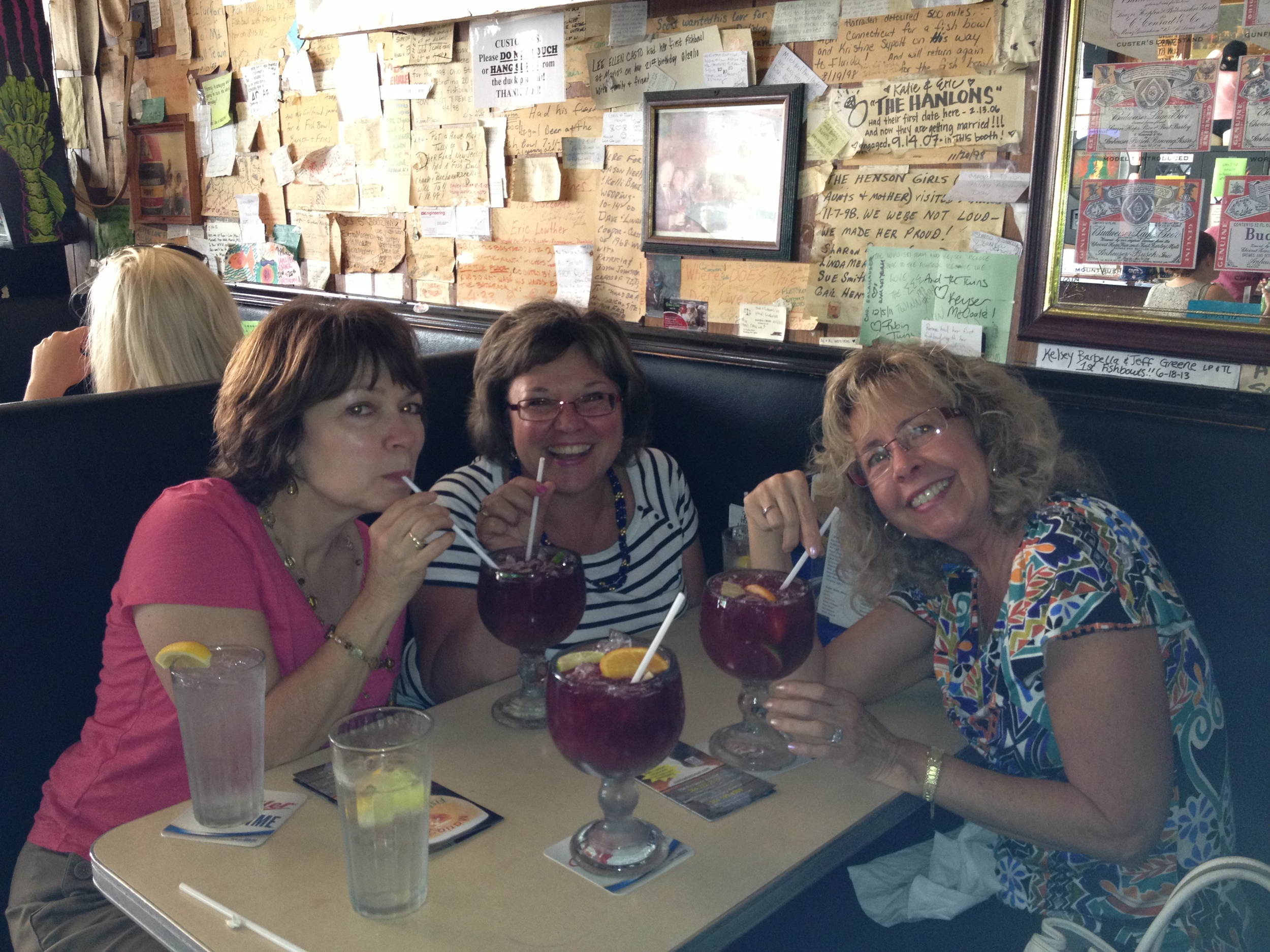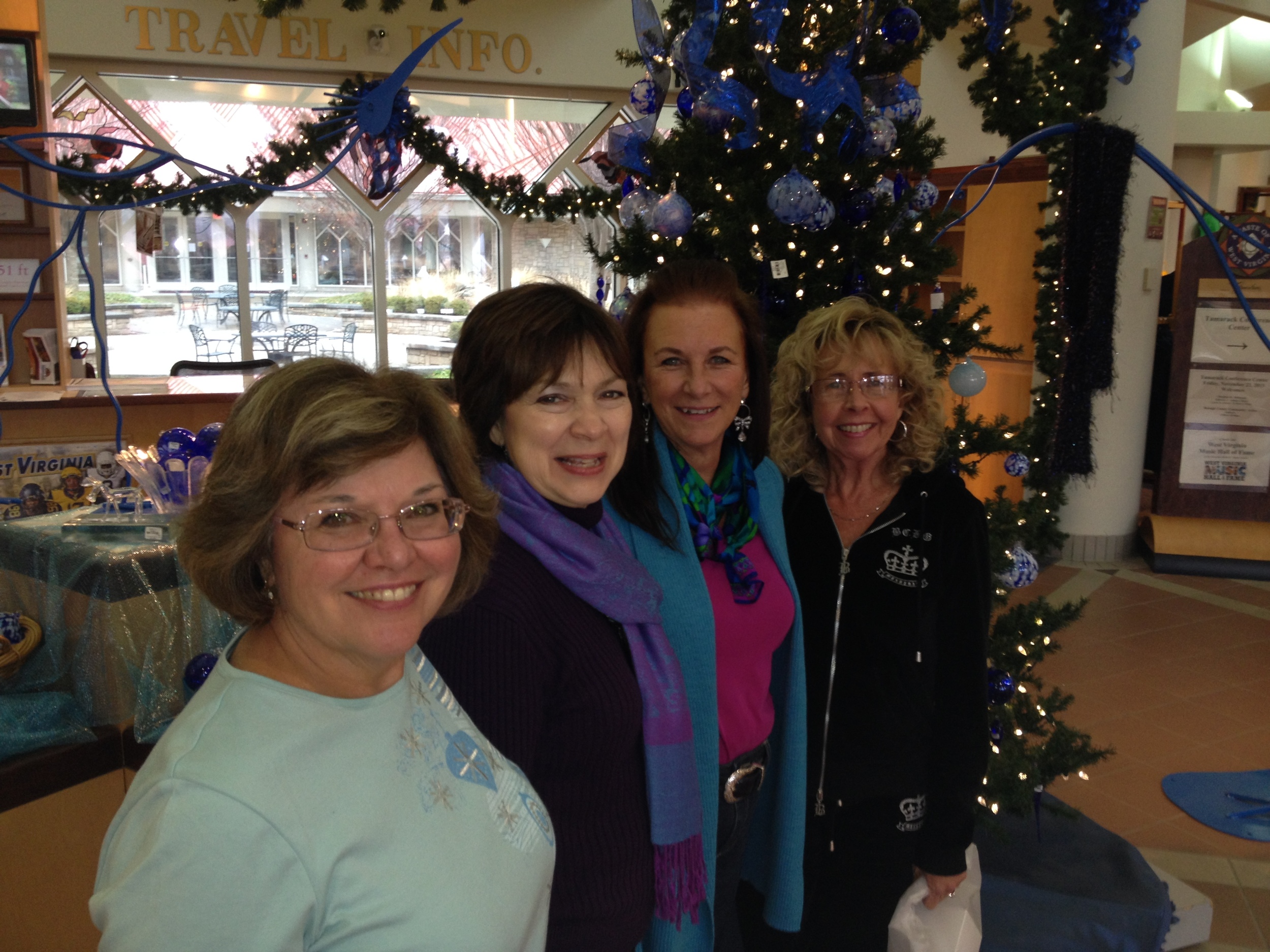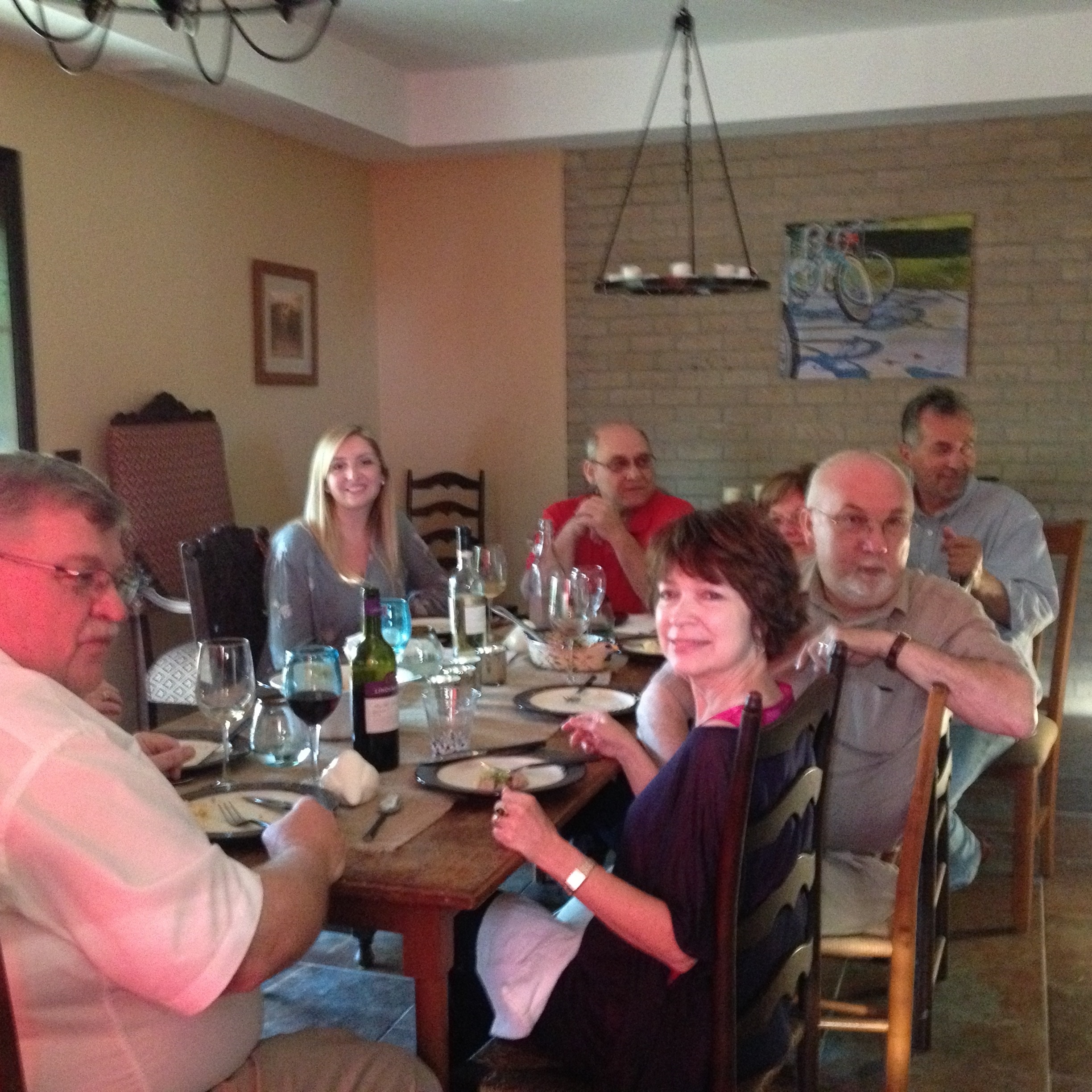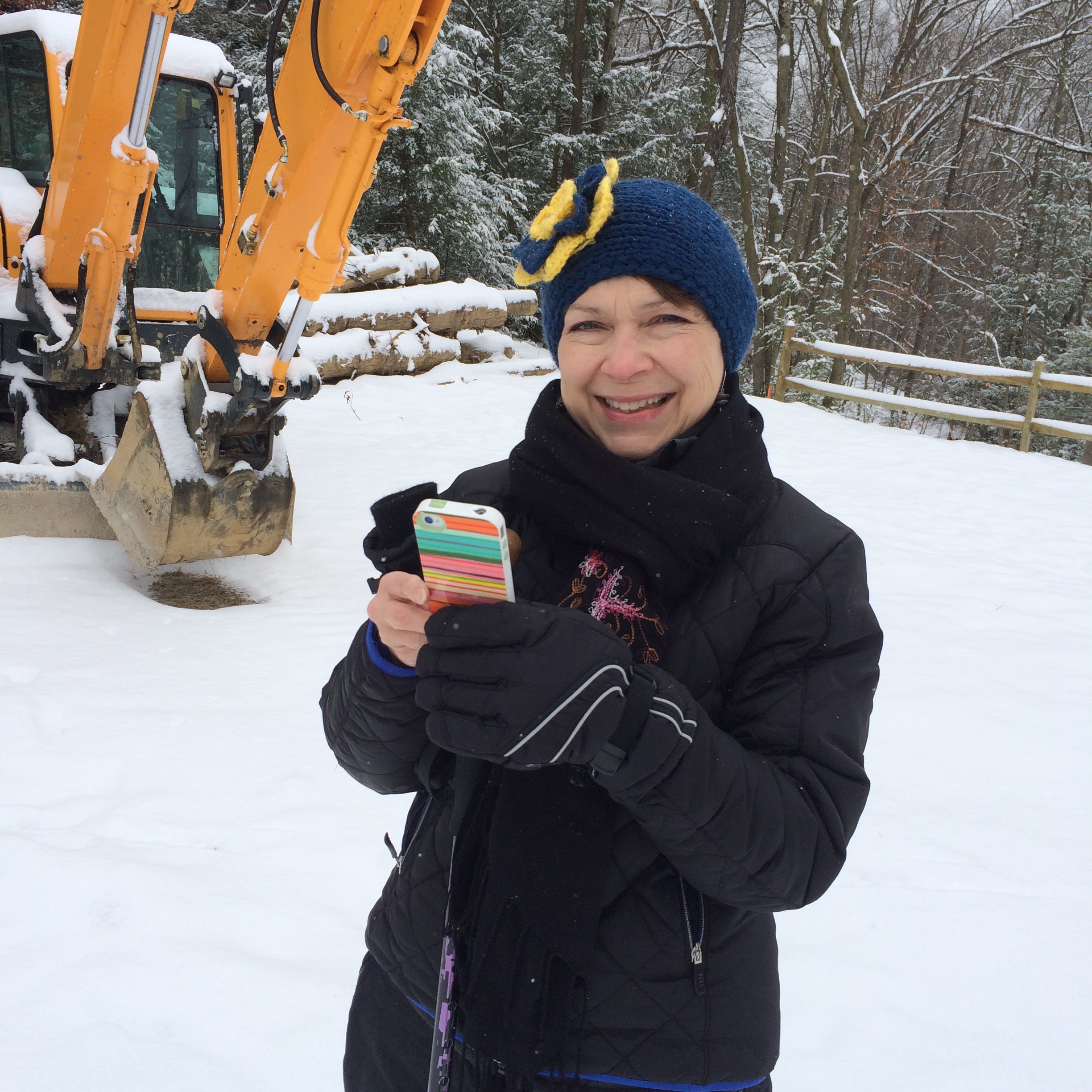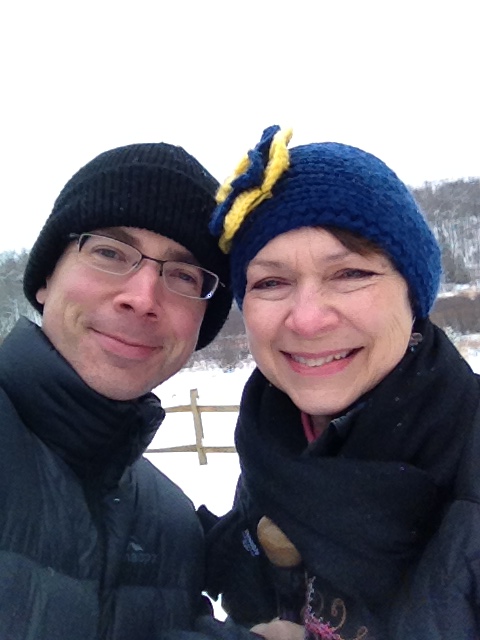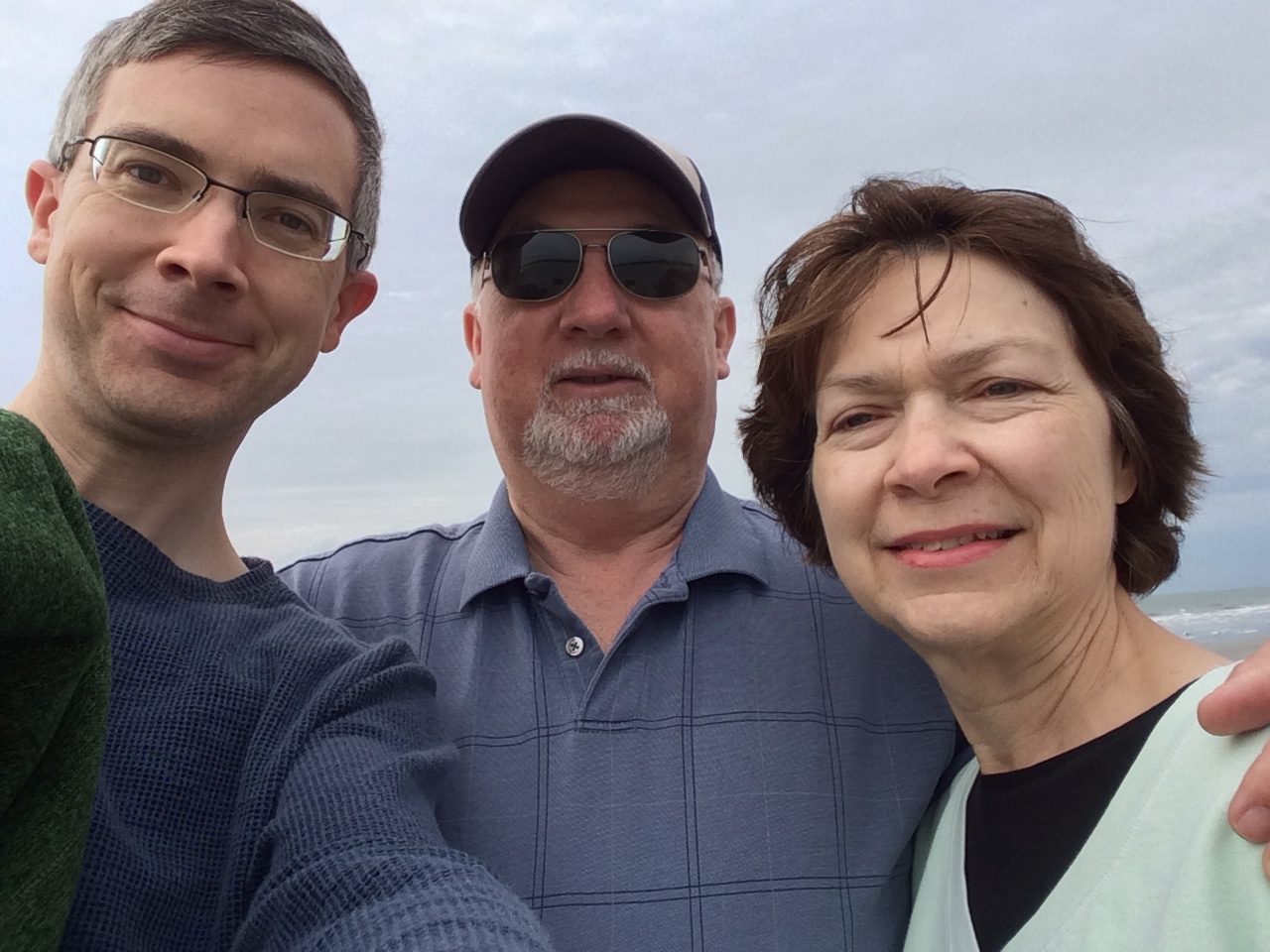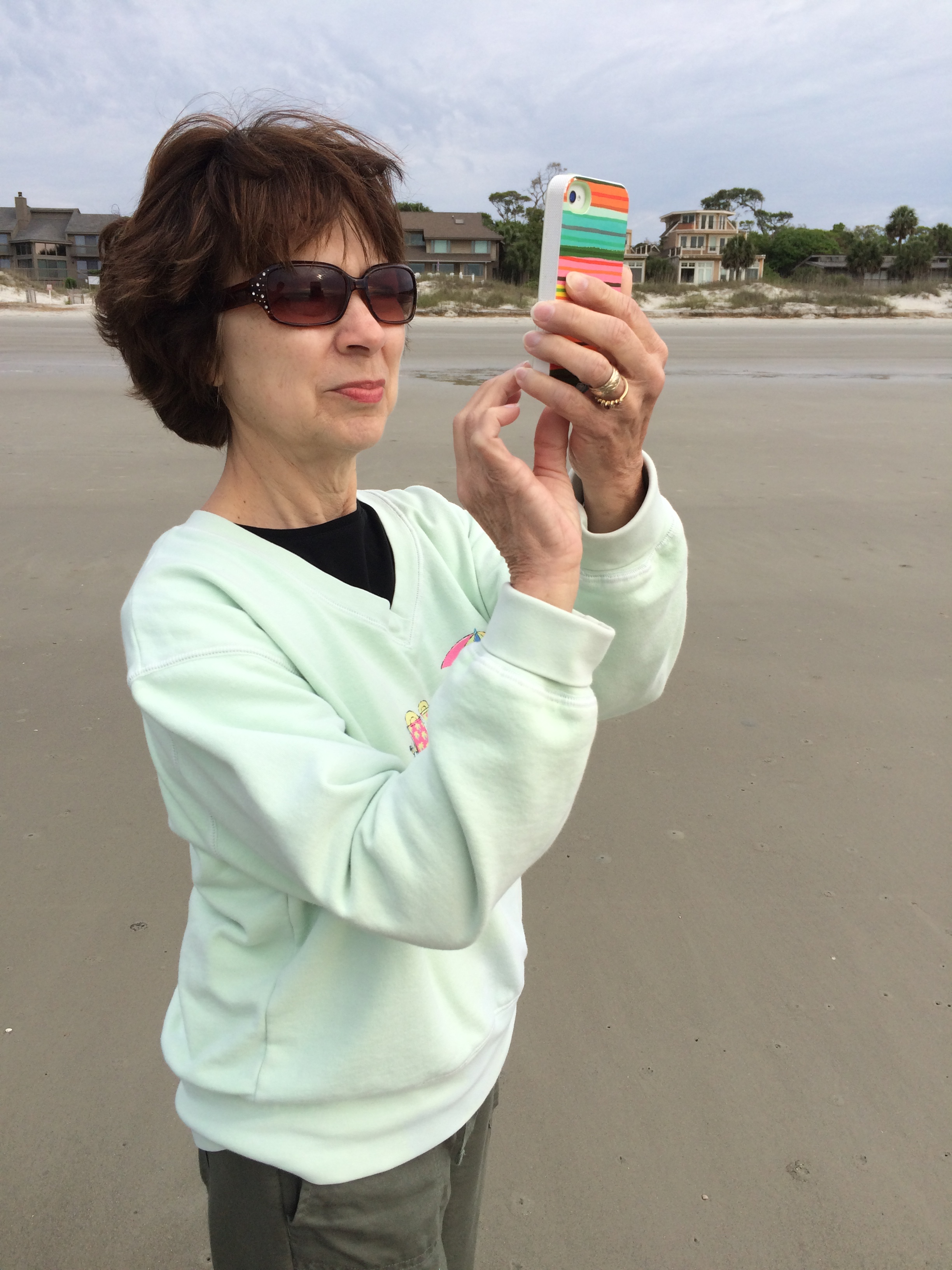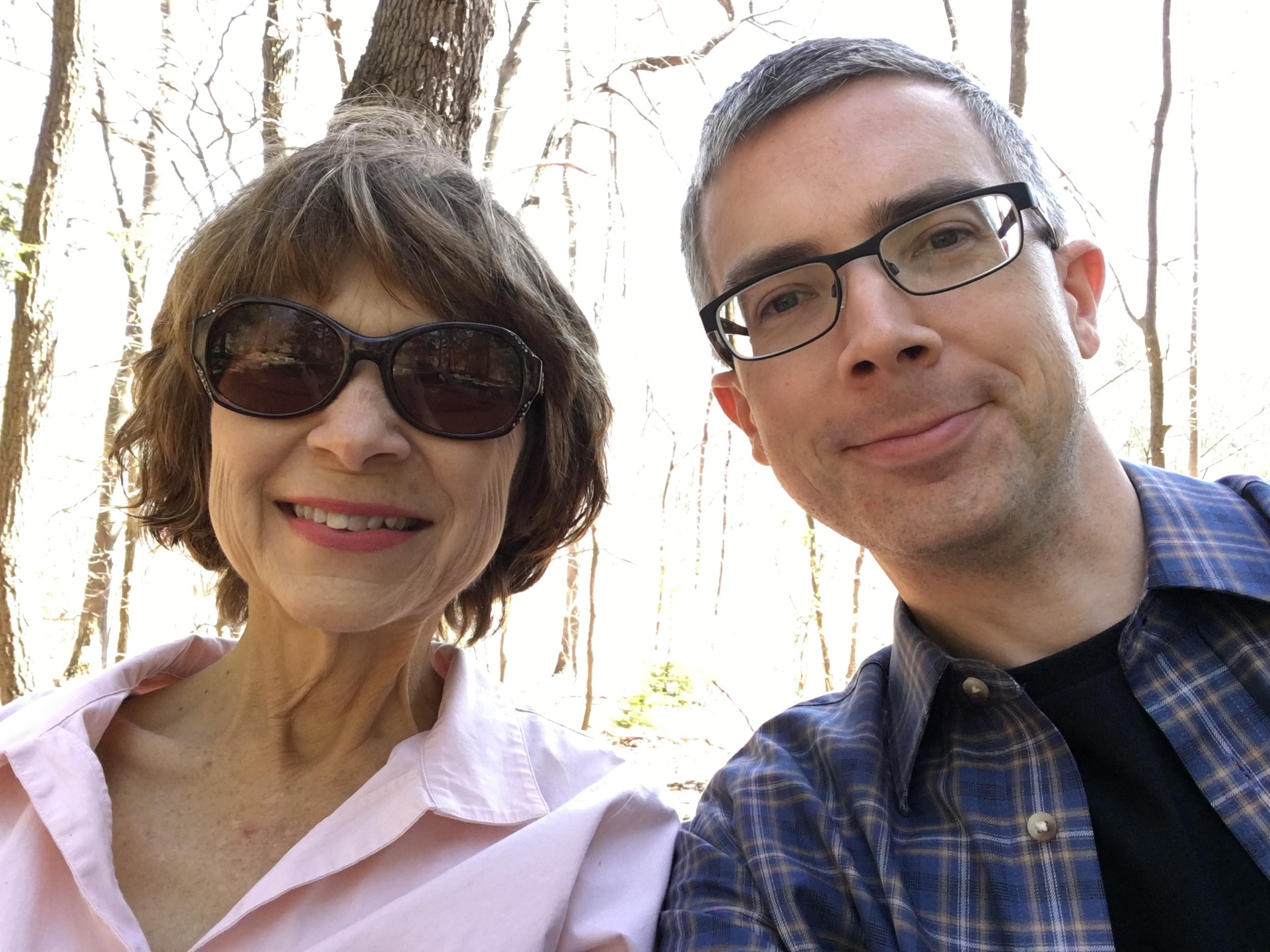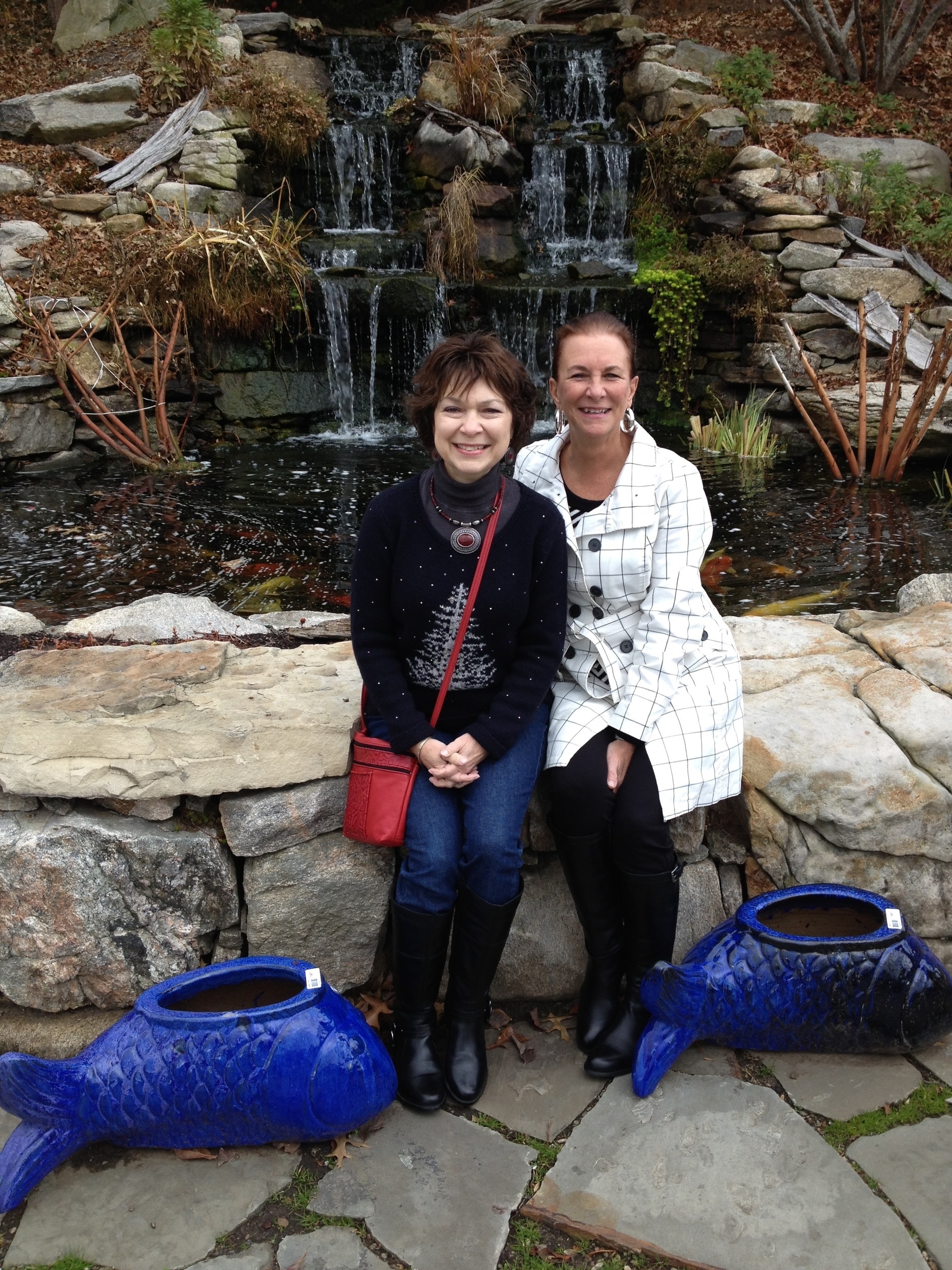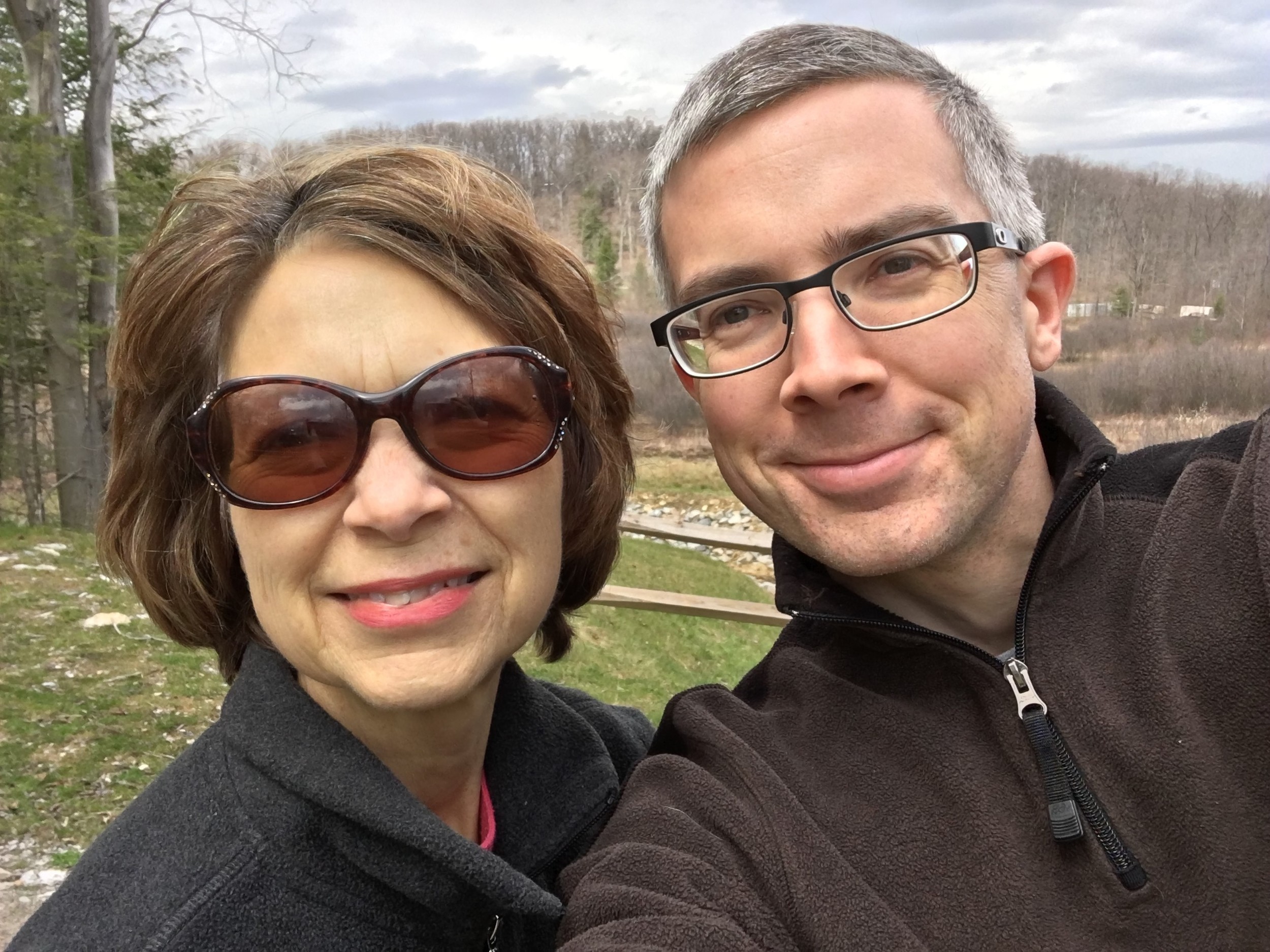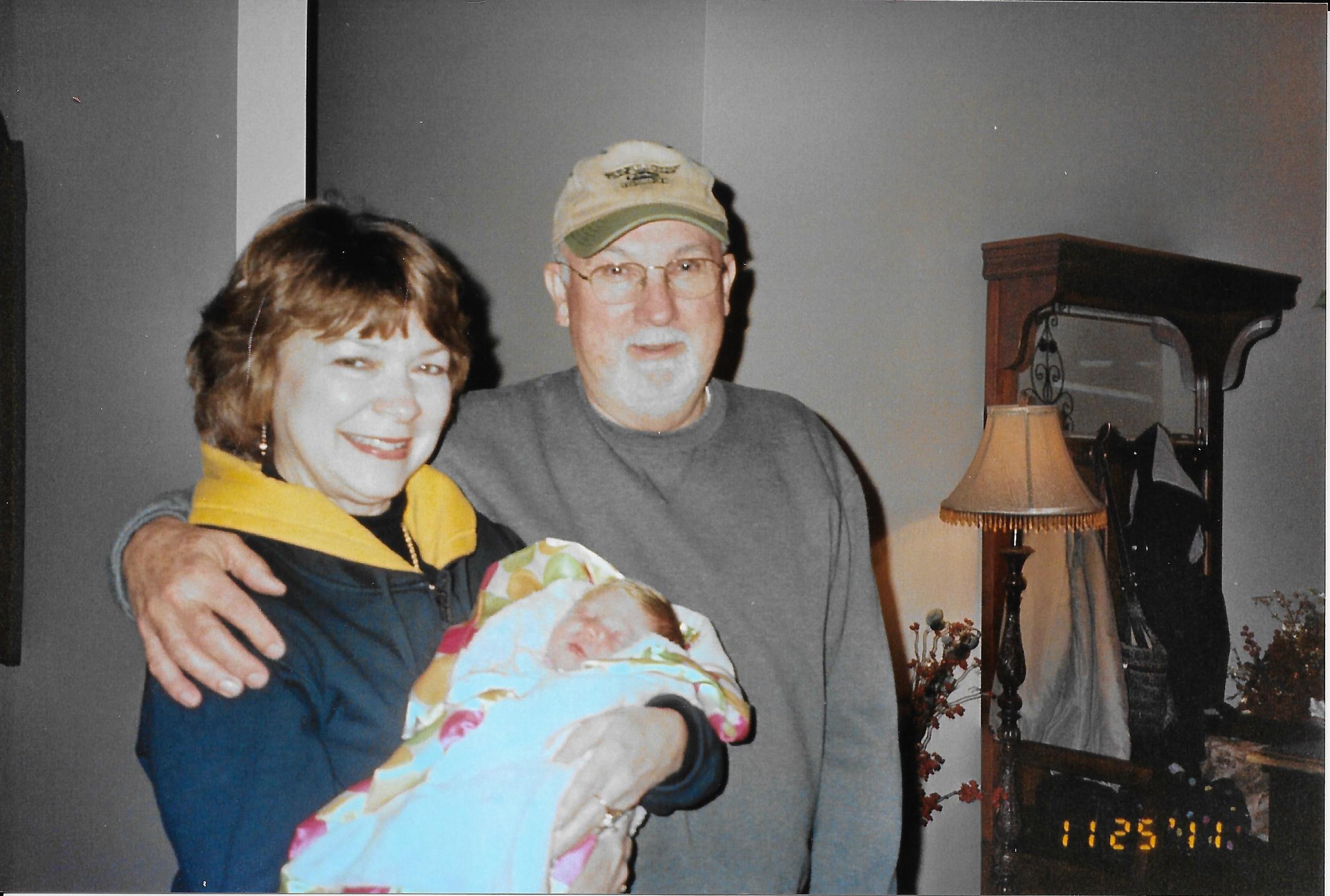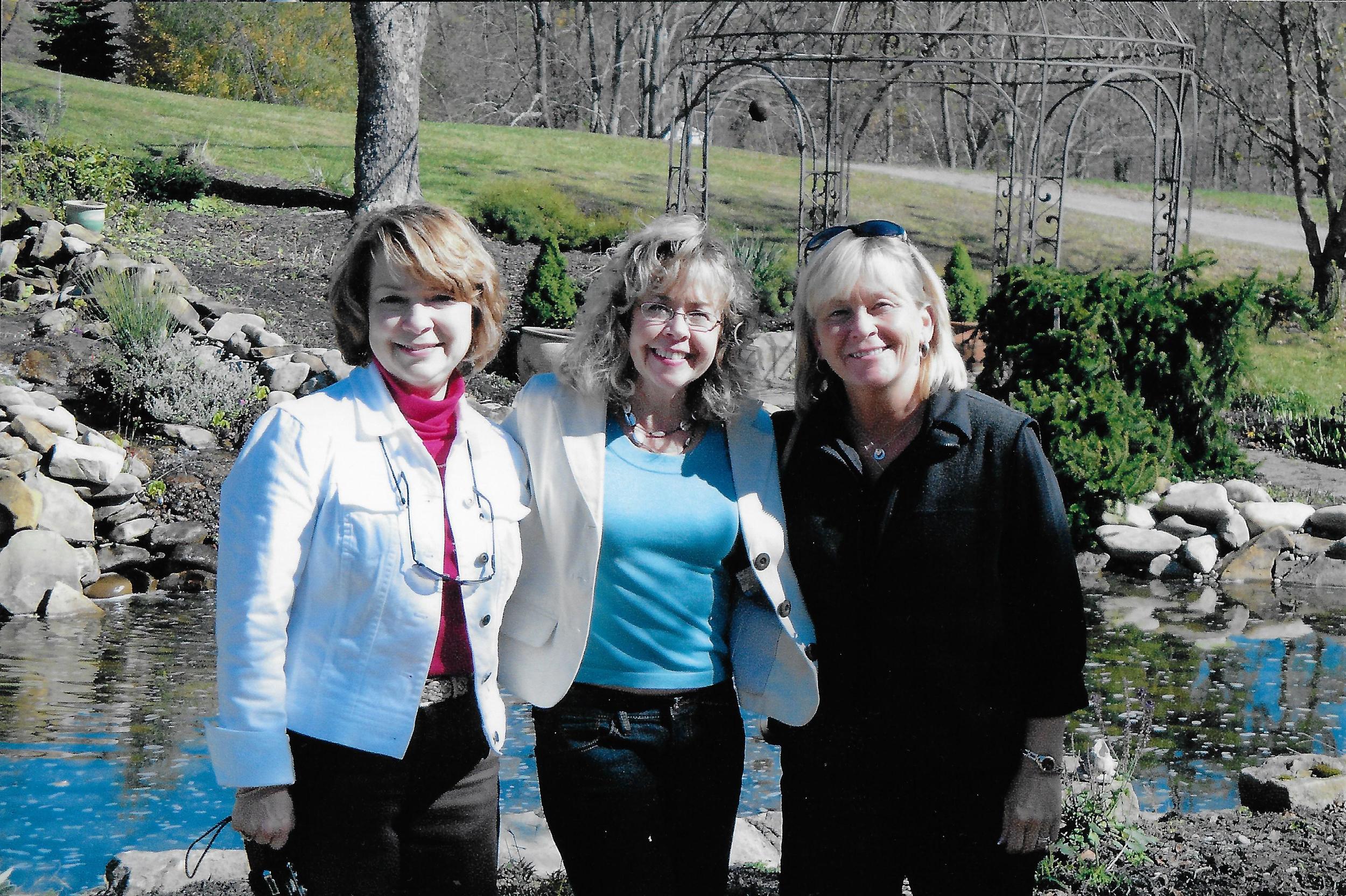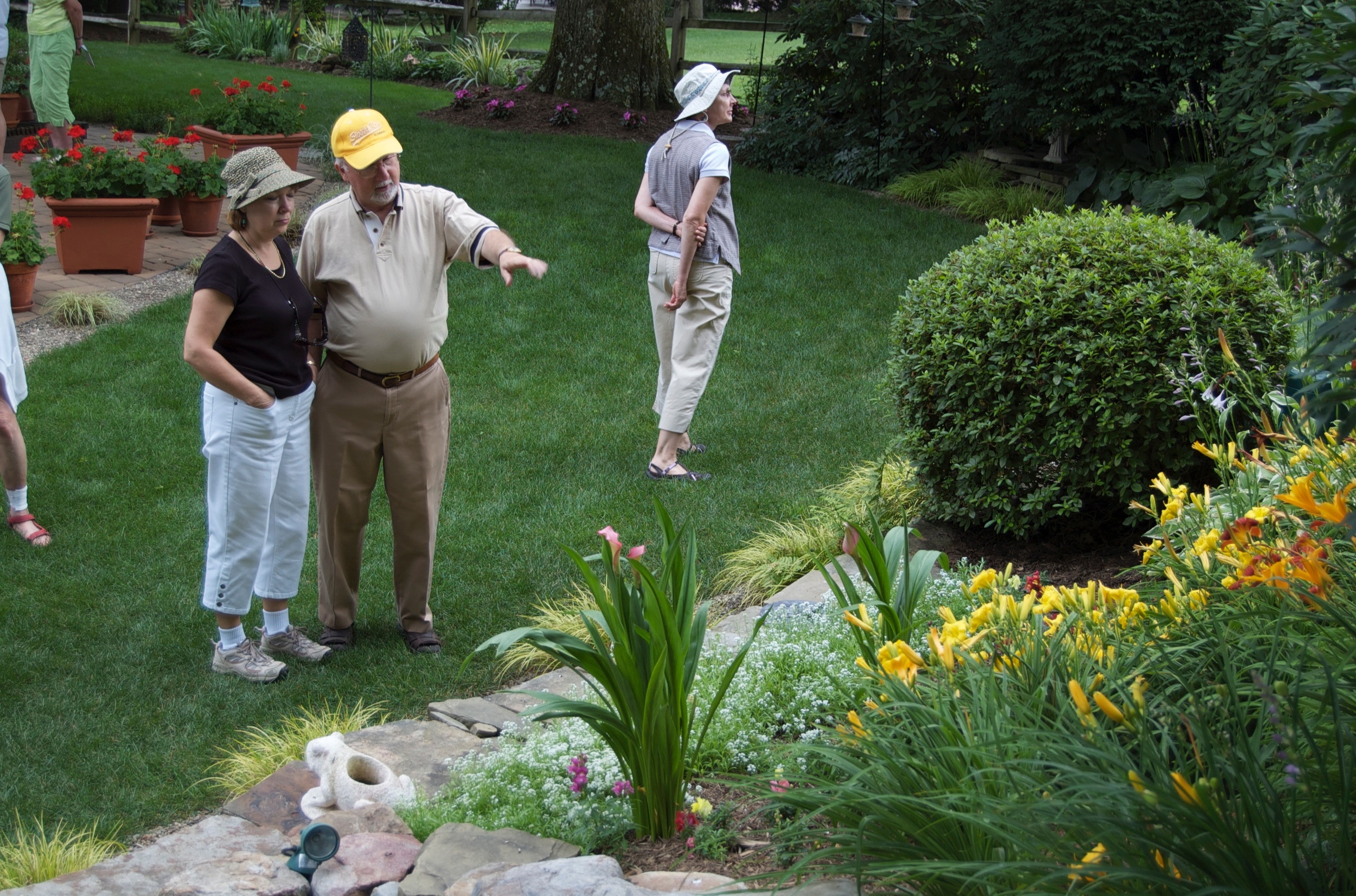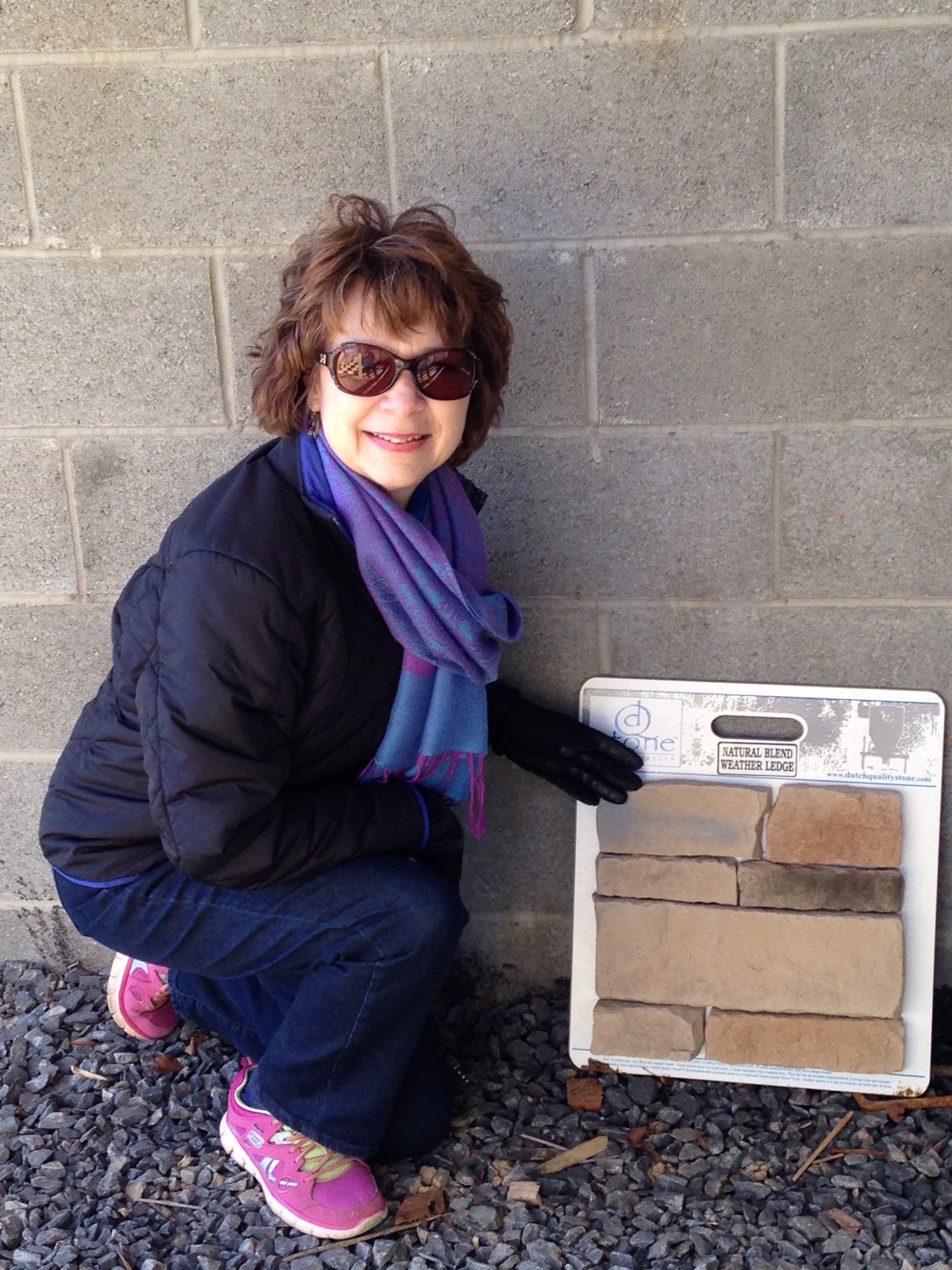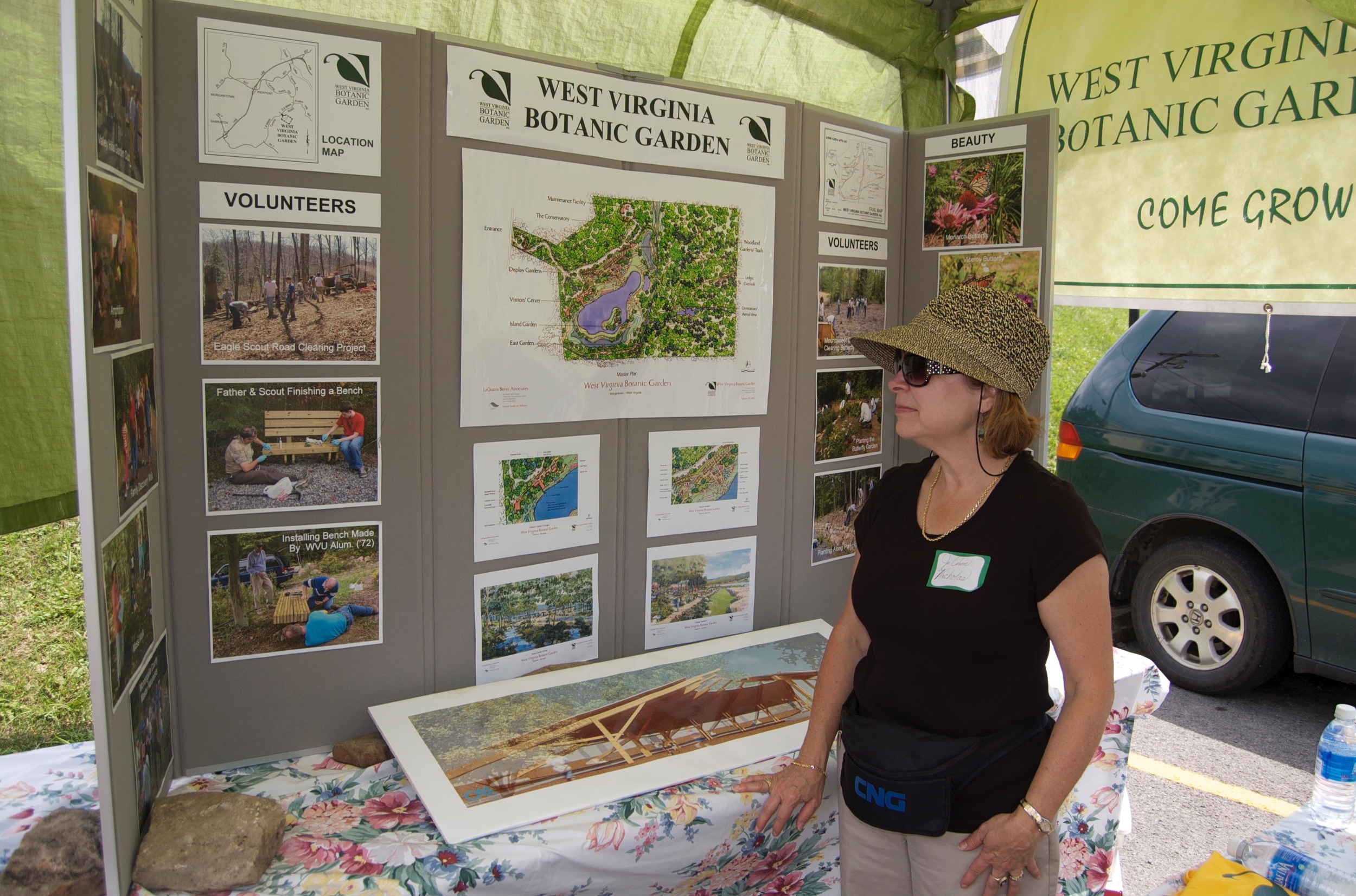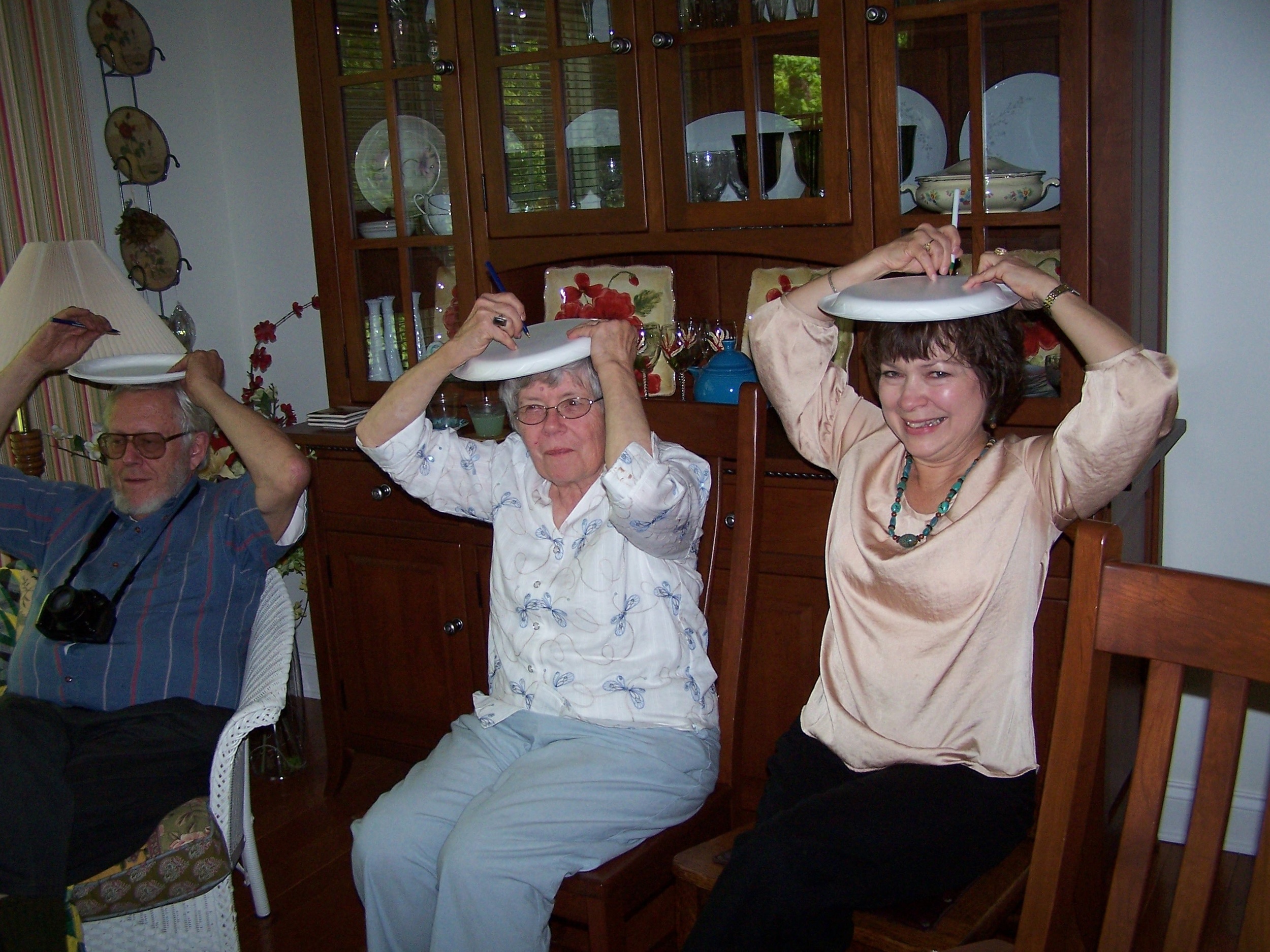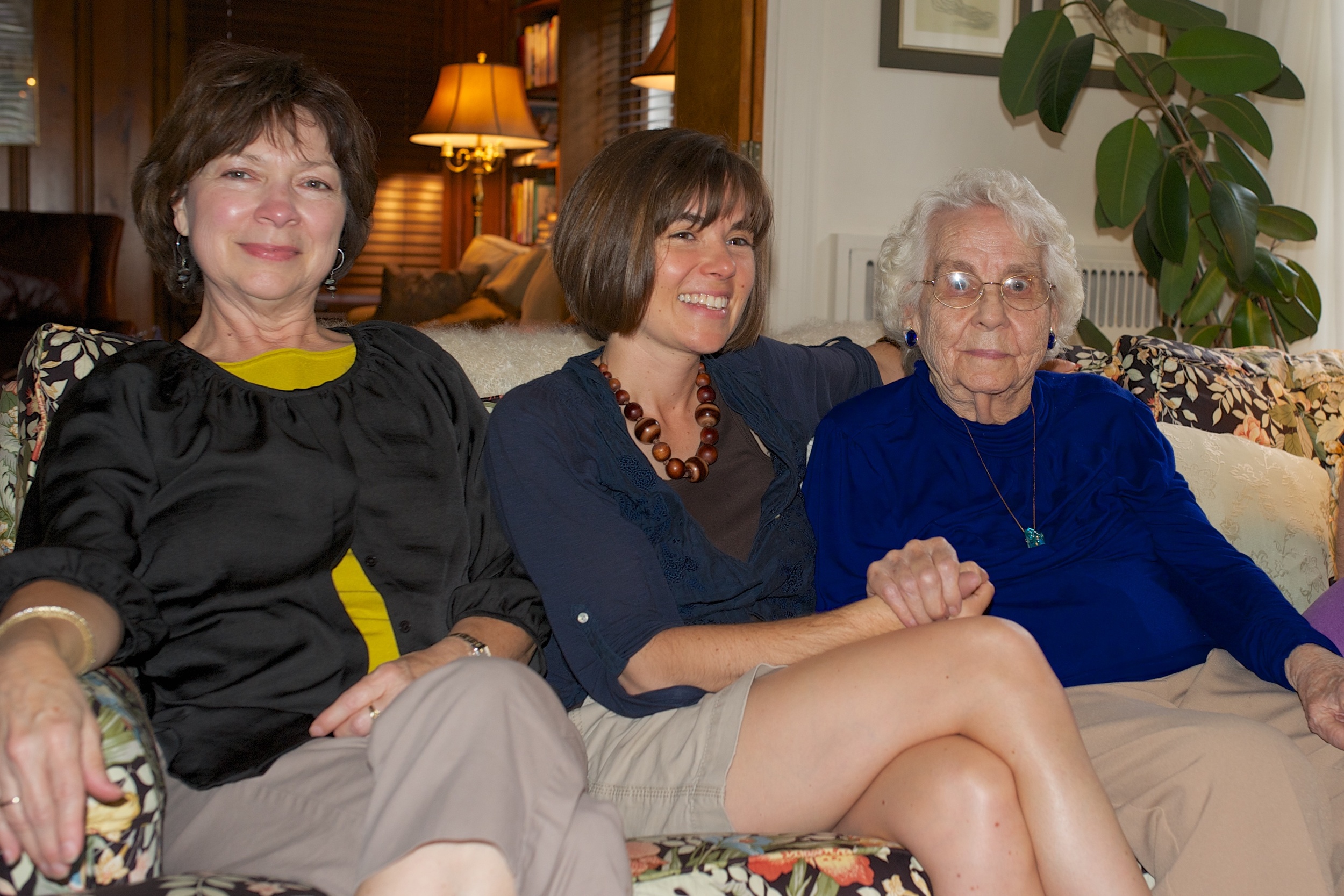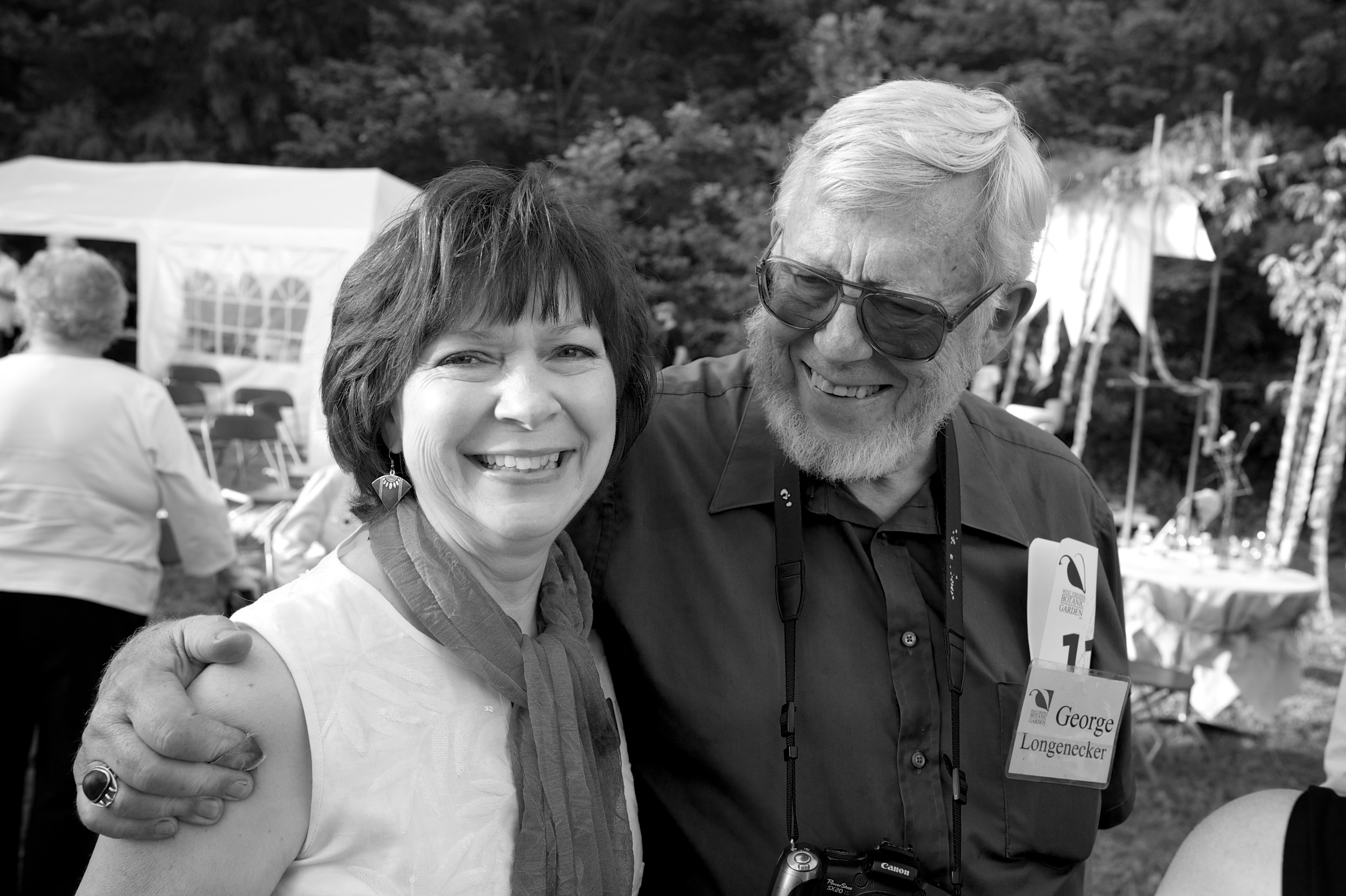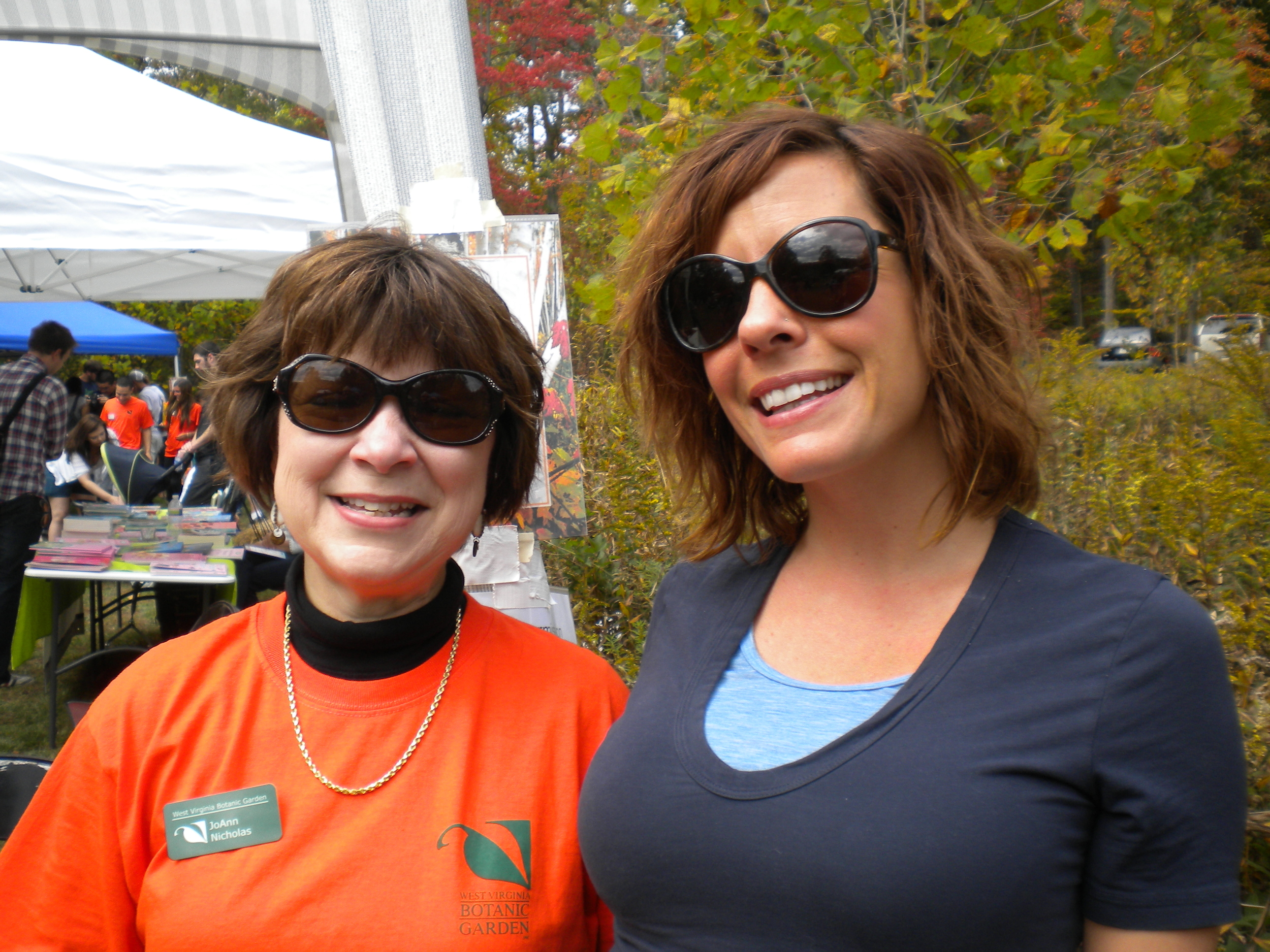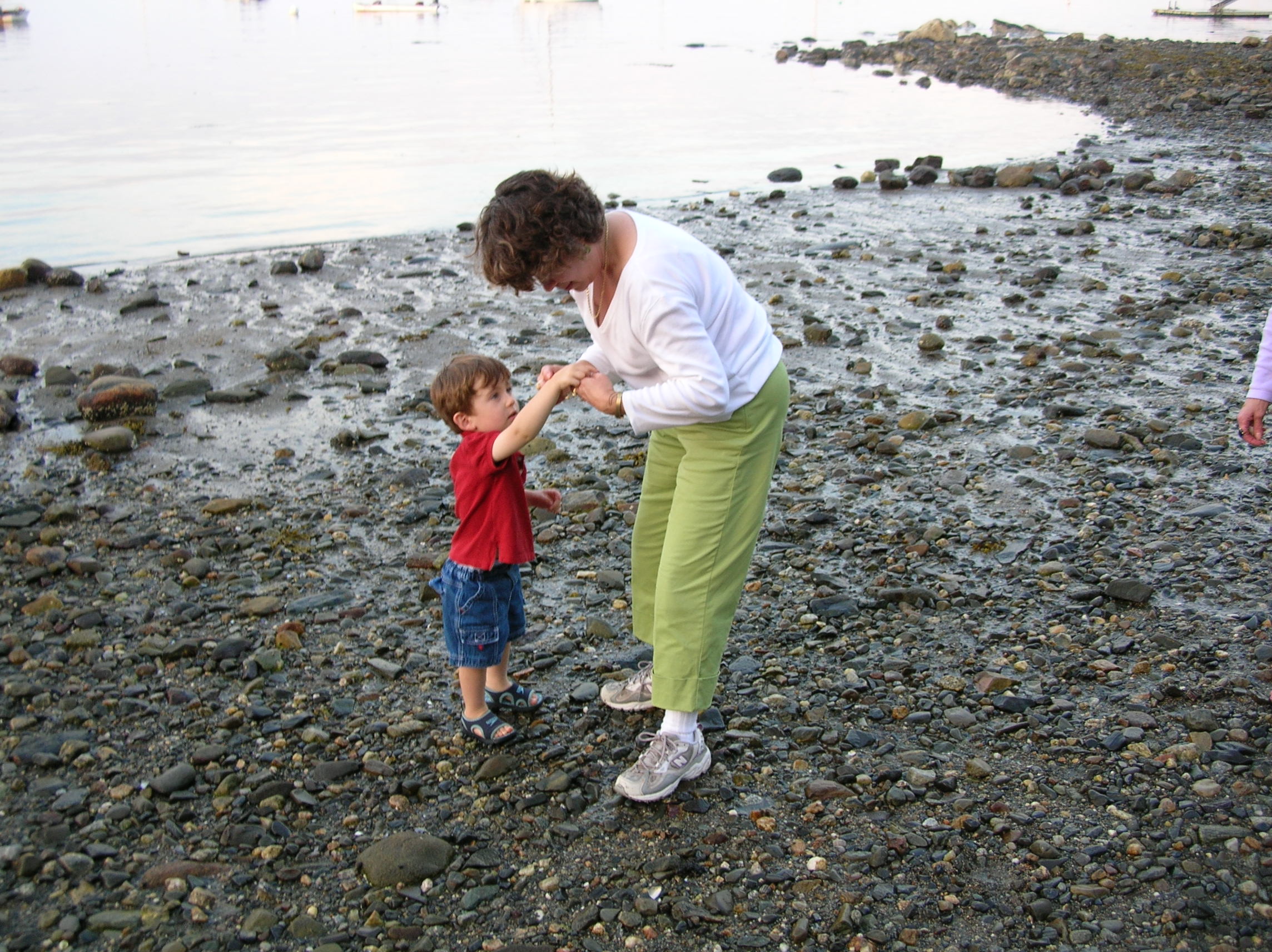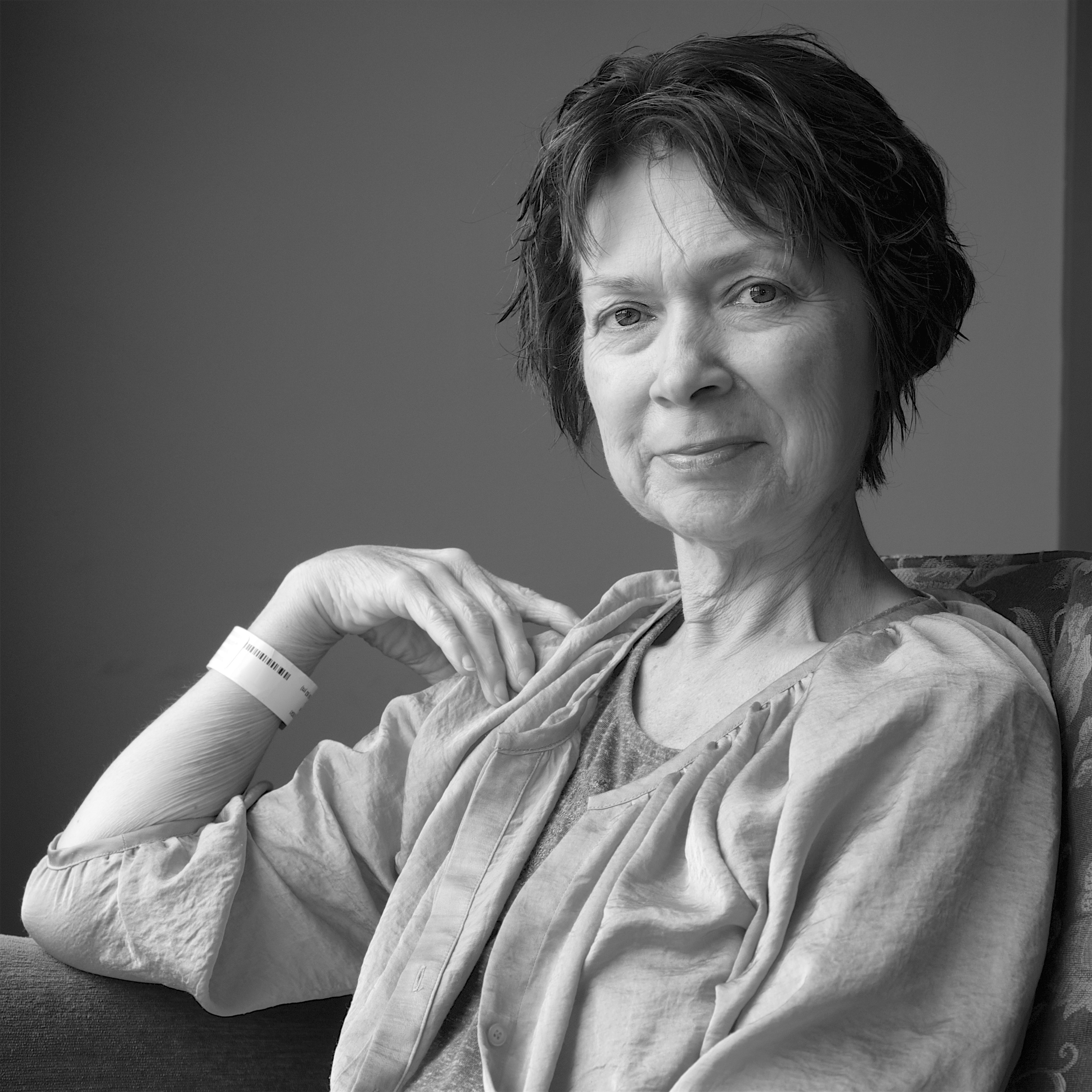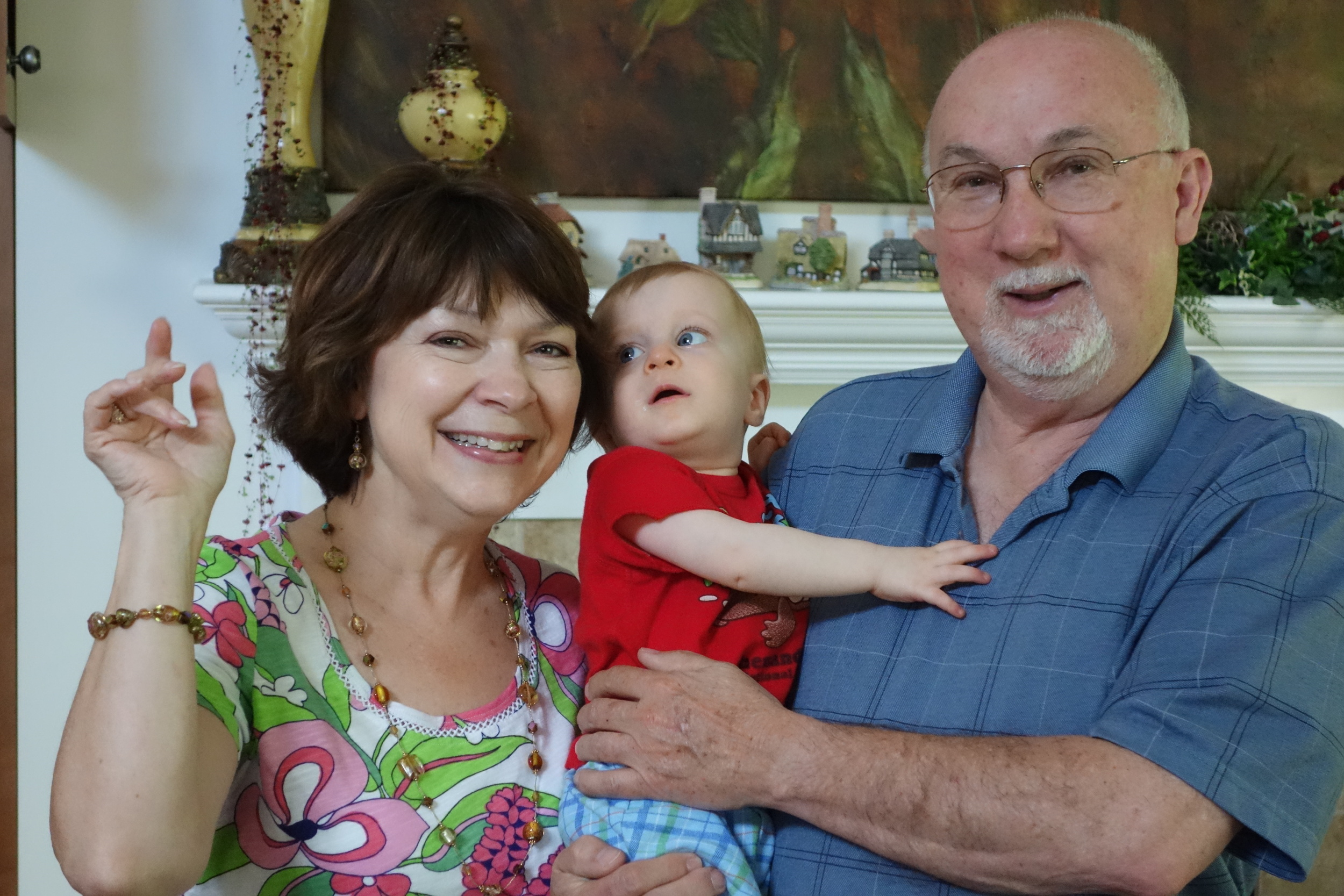My mother passed away last week; I spoke at her funeral on Monday. When I began to write the words I would say, it was my intention to make a eulogy. However, I need someone to write to so rather than speak of her, I wrote to her in a letter. I placed a copy of this in her casket and read it at the funeral service.
Dear Mom,
For these past days, I’ve struggled to find words to say in this moment. It’s something we’ve been aware of and preparing for but, when it came, it all seemed so sudden. I’ve never known a moment of my life without knowing you were there somewhere or at least on the other end of the phone. Now I’m standing here and, while your presence has not diminished, it has changed. It will take a while for all of us to live with this. It will take a while for all of us to understand the ways we’ve been parted but also, perhaps, the new ways in which we are together. Yesterday, at the visitation, so many friends and family spoke of the presence you had in their lives and how they feel this will continue. I think your spirit was so alive with people here that, even now, we feel that will carry on.
I spoke with you the day before you died; you could acknowledge hearing me but really couldn’t form words. I said you were the best mother I could have ever hoped for; that you would always be in my spirit. That, if you needed to get better you could but also, if you needed to let go, you could go that way with grace. We’ve spoken much in the past months of hope and grace–the hope for healing but also the grace we can find in difficult times. We are given this grace to learn what it means to be human spirits in this world yet that’s not often an easy grace to receive. You have, for me and so many of the people here today, been a channel for grace. You've come to be, in the midst of it all, an example of what it means to have a good spirit in the times that challenge us most. I think, for all of us who knew you, that’s not making you more than who you were–but saying you always seemed to be the best of who you were in the middle of that grace.
You have, in your life, brought the joy of your presence to so many people–as a nurse, as a friend and neighbour, as a member of our family, your joyfulness was your most apparent trait. I think, as a child, I didn’t fully realise the energy needed to maintain the kind of graciousness you brought to people; but, somehow, you seemed to always have plenty of it in reserve. Our ancestors were Quakers, their founder, George Fox had a saying–he hoped we could "Walk cheerfully over the earth, answering that of God in everyone.” You I think, more than many people I know, could see that of God in others. So much of your spirit has informed who I am as a person. I have walked all over the earth, not always in cheerful places, but the spirit you have given me as my mother has also allowed me to see the presence of God in all these different people. I hope I can go cheerfully in my journey as you did in yours; I hope that the energy for doing so can pass along to me–to all of us here–in a way that can increase and multiply. That, for me, is the legacy you leave.
Since I flew back a couple days ago, I’ve been looking through pictures of us as a family when I was a child. It’s a strange thing to see pictures of you and dad when you were fifteen or twenty years younger than I am now. It’s something to realise the responsibility you both took on to have a child but, as I think how much I’ve grown during the past twenty years as an adult, to also consider how you were maturing and growing during that time in your life. Of course, as a child, your parents are always ‘adults’ like you are some kind of static finished people. But I’m of an age now where I am friends with ‘young’ people who are older than you when you had me–and we still all have a lot of completing to do. I want to thank you for the time you took to grow with me; to become who you were and shape who I am. You are my mother, but in so many ways you were also my closest friend. In that, you have shown me what friends need to be so I can wisely choose mine and also be a friend to others.
There is much more I would like to write; I will probably still take the time to do so in the coming weeks and months. I’m so glad we’ve had the time we were given since you fell ill to speak openly about many things; most people don’t have that opportunity. When you had heart surgery and were later diagnosed with cancer, I was far away having such a difficult time personally. I’m glad you could see that time pass and know that I’m okay. Also, and this is a dear gift, many people speak of frustrations with their mother or unresolved issues of one kind or another–we truly had none of that. You told me last month that you were at peace with whatever was to come of this; I can tell you now that, though I will miss your presence here, I’m at peace with where we parted. We had forty tremendously close years together and I will carry that with me for whatever time I remain here as well.
I’ve always been a wanderer; I’ve traveled and now live on the other side of the world. Yet, wherever I have been, I knew you and dad were here at ‘home’–that this was a place to return to. That’s a little different now; a few days ago in Australia, on the phone with dad after you passed, I felt this great loss of home. But, I’m coming to understand that you are with me everywhere now, that this spirit of you and what you’ve helped make in me gives me that sense of place wherever I am.
When we last spoke, I told you I love you; you did manage to say, ‘I love you’ in return. Those were your last words to me; I imagine they were your first as well. All the years in between were filled with love. I hope, as I continue on in this world, I can bring the love you have shown me to others in my life. We shall all miss you but you’ve left your love here with us; so, for me, the greatest part of you remains.


